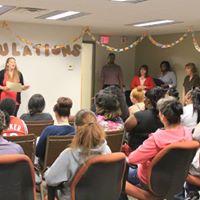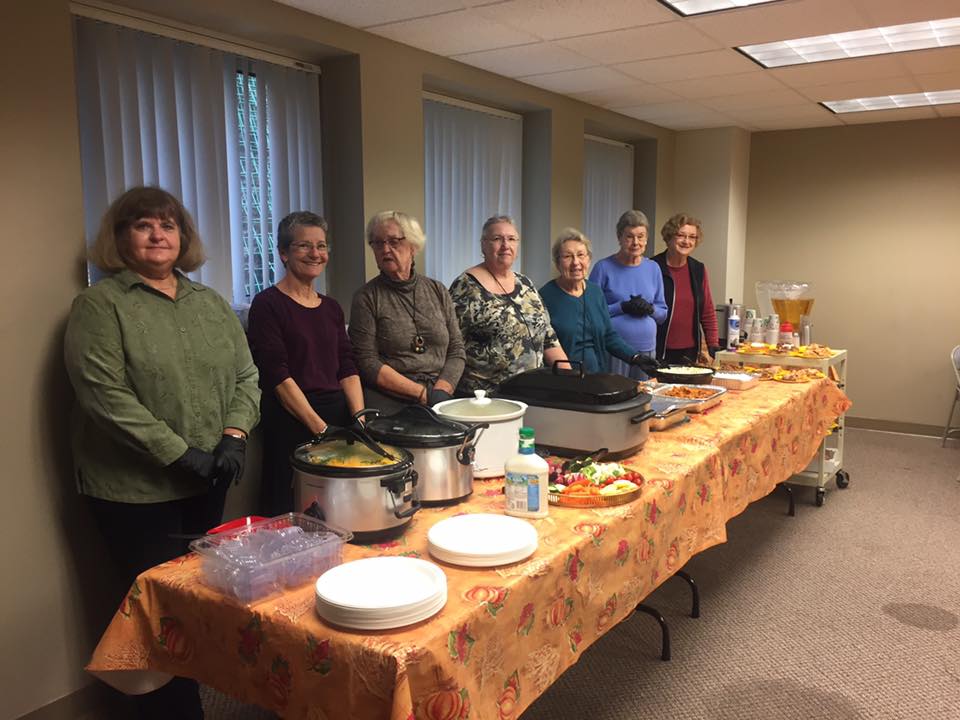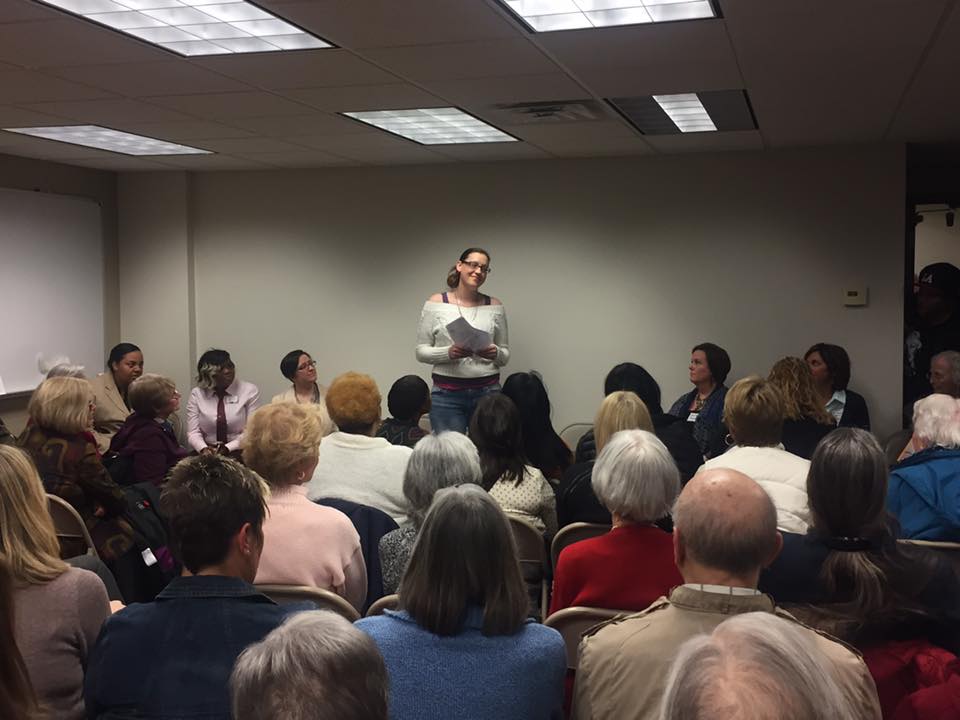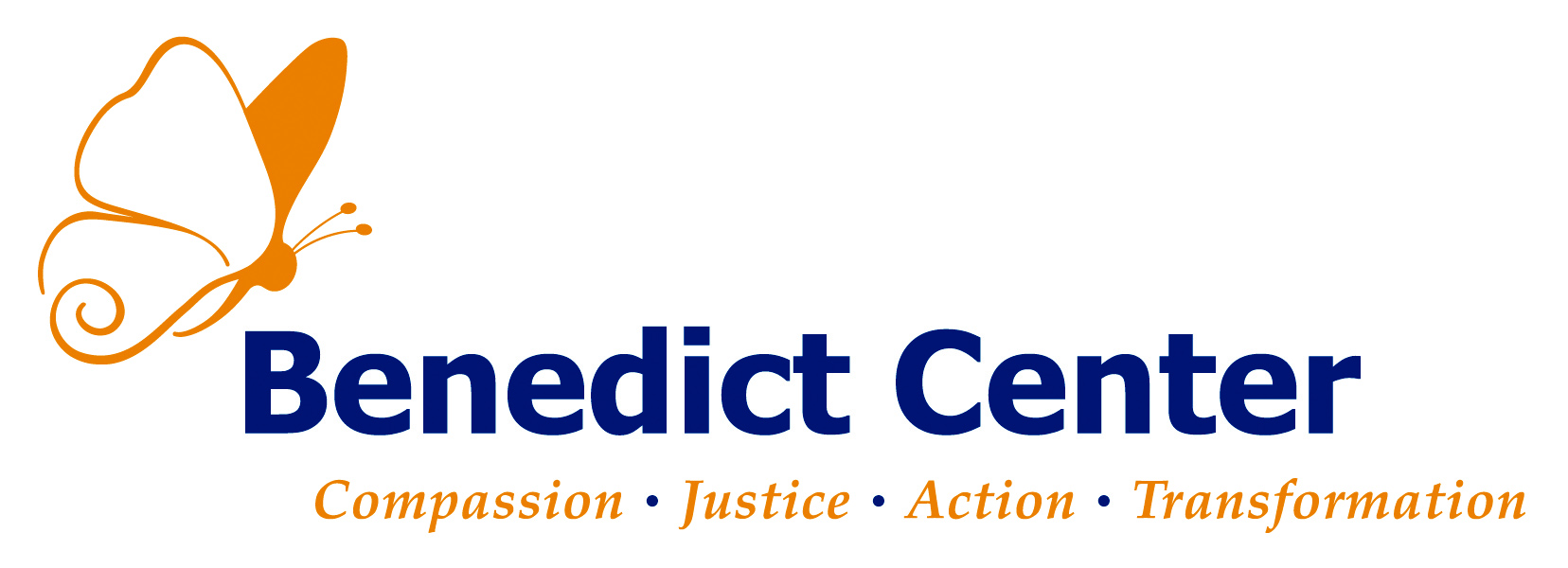
Women's Harm Reduction Program
Women are referred to the Women's Harm Reduction Program (WHRP) as a community-based treatment alternative to incarceration. Participants learn the tools, practice the skills and receive the support they need through mental health and substance abuse treatment as well as parenting classes, adult education, and employment services.
The underlying strategy is "harm reduction" which encourages strengths-building, reduction in harmful behaviors, and improvement in key decision-making leading toward a healthier life.
The underlying strategy is "harm reduction" which encourages strengths-building, reduction in harmful behaviors, and improvement in key decision-making leading toward a healthier life.
Who We Serve
WHRP serves women who are diverted by the police, deferred by the courts or referred by probation, jail or prisons as an alternative to incarceration. A minimum of 250 women will participate in services for an average of 6 months as outlined below:
- Every participant will complete individualized plans that identify personal goals, assistance with obtaining economic and housing resources, and services that ensure women leave with increased skills they need for a better future.
- Participants will receive certified mental health and substance abuse counseling based on the individualized assessment and plans developed for each participant.
- Participants will participate in cognitive behavioral therapy, trauma coping skills groups, anger and stress management classes, parenting classes, adult education and employment assistance based on their individualized plans.
What We Offer
When women come through the doors of the Benedict Center for the first time, they quickly become part of a caring community where women encourage and mentor each other. After orientation, they participate in a series of assessments, followed by a meeting with a case manager to plan their individual programs and set goals based on requirements of the referring agency, our assessment and evaluation of risks and needs and the individual's personal needs and choices.
Each quarter we gather together for a celebration of accomplishments, share stories and a good meal.
Because multiple, complex issues lead women to criminal activity, an evidence-based holistic engagement must occur to make positive change possible and sustainable. Typically several aspects of their lives must be addressed, including treatment for past trauma, stress and anger management, cognitive-behavioral strategies, educational immersion and skill building to support healthy lifestyles and family- sustaining employment. Women need to build these interlocking strengths to overcome the interlocking deficits of their past.
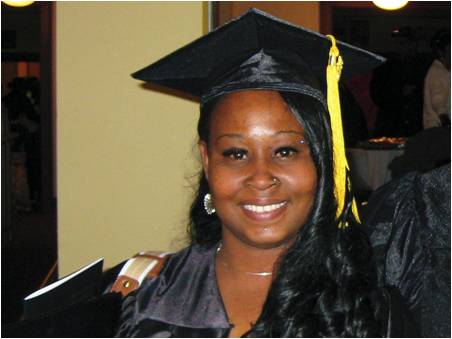 |
 The Benedict Center offers a state-certified outpatient AODA treatment program based on stages of change. The program helps women change unhealthy behaviors through a step-by-step process with the belief that any movement in the direction of reduced harm is positive in and of itself, improves the quality of their lives and decreases unhealthy and unsafe behaviors. The Benedict Center offers individual and small group counseling and aftercare. The Benedict Center offers a state-certified outpatient AODA treatment program based on stages of change. The program helps women change unhealthy behaviors through a step-by-step process with the belief that any movement in the direction of reduced harm is positive in and of itself, improves the quality of their lives and decreases unhealthy and unsafe behaviors. The Benedict Center offers individual and small group counseling and aftercare. |
 I I |
 Parenting and Family Nurturing classes assist women and their children in building more effective ways of communicating. The focus in on the whole family, child development and the impact of incarceration and addiction for women who have lost custody or are in danger of losing custody of their children. Parenting and Family Nurturing classes assist women and their children in building more effective ways of communicating. The focus in on the whole family, child development and the impact of incarceration and addiction for women who have lost custody or are in danger of losing custody of their children. |
 Women's Sexuality Women's Sexuality |
 Seeking Safety Seeking Safety |
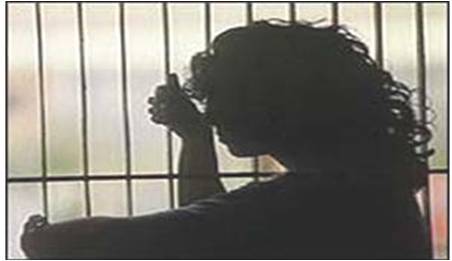 Moving On helps women develop alternatives to criminal activity by building the skills for healthy relationships and more effective behavioral choices. As women begin to recognize and enhance existing strengths and access community resources, they develop an array of personal strategies, including decision making, problem solving, assertiveness and emotional stability. Moving On helps women develop alternatives to criminal activity by building the skills for healthy relationships and more effective behavioral choices. As women begin to recognize and enhance existing strengths and access community resources, they develop an array of personal strategies, including decision making, problem solving, assertiveness and emotional stability. |
 Employment helps participants understand how their own attitudes and perceptions have justified illegal actions in the past, gain new insights into employer expectations in the workplace and mentally shift their own outlooks to be more successful on the job and improve interpersonal skills needed to manage difficult workplace situations. In addition to participating in a 10 session group, women also complete a series of activities related to employment readiness including resume development, mock interviews, and Employment helps participants understand how their own attitudes and perceptions have justified illegal actions in the past, gain new insights into employer expectations in the workplace and mentally shift their own outlooks to be more successful on the job and improve interpersonal skills needed to manage difficult workplace situations. In addition to participating in a 10 session group, women also complete a series of activities related to employment readiness including resume development, mock interviews, andtargeted job search |
 Second Chance offers women who have legal requirements that must be met as specified in deferred prosecution agreements, diversion agreements or other pending court cases that require they complete programming at the Benedict Center receive program as mandated by the courts. This may include any or all of the above classes as well as drug screening. Second Chance offers women who have legal requirements that must be met as specified in deferred prosecution agreements, diversion agreements or other pending court cases that require they complete programming at the Benedict Center receive program as mandated by the courts. This may include any or all of the above classes as well as drug screening. |
 Mind, Body, Spirit supports personal health, mental well-being and spiritual wholeness as an integral part of recovery. Monthly guests share information about programs, strategies and resources in the community. Mind, Body, Spirit supports personal health, mental well-being and spiritual wholeness as an integral part of recovery. Monthly guests share information about programs, strategies and resources in the community. |
Principal funding is received from the Wisconsin Department of Corrections, and Milwaukee County House of Correction and Wisconsin Community Services. We are also fortunate to receive support from foundations, corporations, and faith-based organizations that recognize the value of the program, including: the Catholic Community Foundation, Patrick & Anna Cudahy Fund, Aurora Better Together Fund, the Brewers Charitable Foundation, Jane Bradley Pettit Foundation, and the Forest County Potawatomi Foundation.
